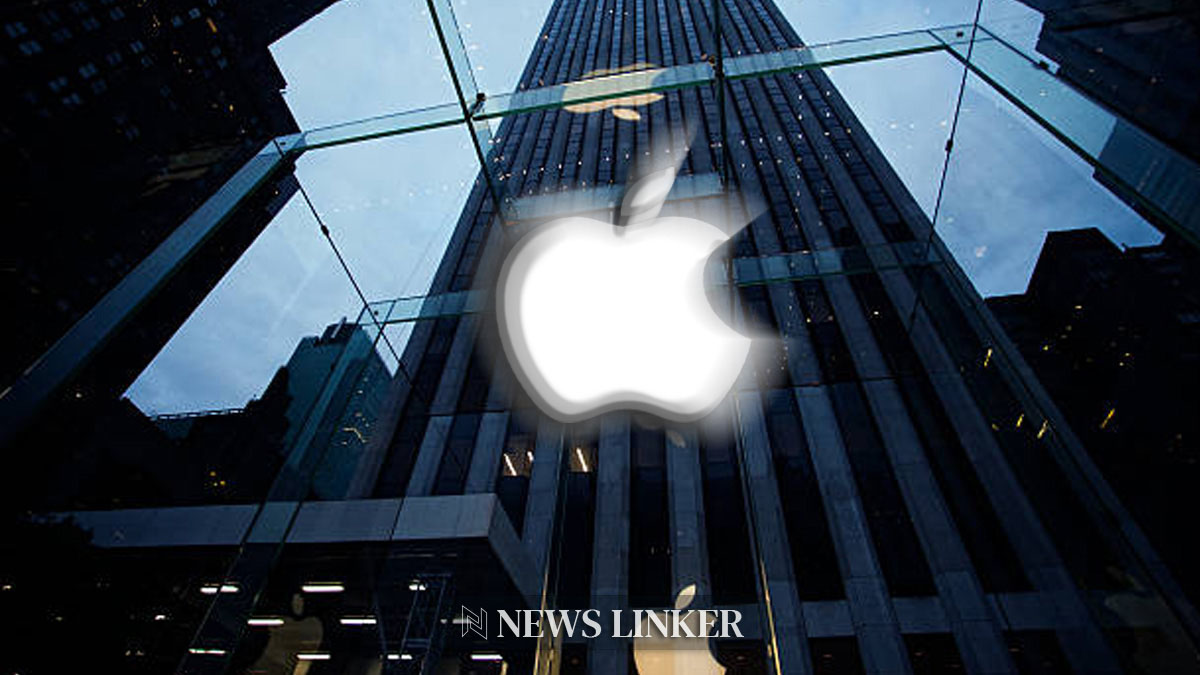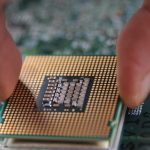In a recent discovery, security researchers have unearthed a vulnerability within Apple‘s proprietary M-series chips that could leave Mac users exposed to potential exploitation. This inherent flaw is not something that can be remedied with a software patch, leaving an indelible mark on the chip’s security profile. The revelation about this hardware-based limitation has raised questions about the resilience of Apple’s famed ecosystem against evolving cybersecurity threats.
History of Security Breaches and Precautions
Security vulnerabilities in technology are not a novel occurrence; breaches and flaws have consistently challenged the digital world. In the past, Apple’s quick response to software exploits through updates has reassured users of their commitment to security. However, a hardware flaw, such as the one now detected in the M-series chips, represents a more severe challenge. Hardware issues cannot be patched with software updates, and recalling physical products is a far more onerous task. This situation underlines the increased scrutiny that hardware security receives and the potential long-term implications of such vulnerabilities on consumer trust and brand reputation.
Broader Context from Industry Reports
Exploring the broader landscape, similar security concerns have surfaced in the industry. An article from Wired titled “A New Chip Flaw Strains Apple’s Reputation for Bulletproof Security” delves into the implications of chip vulnerabilities beyond the immediate technical ramifications. Another piece from Forbes, “Apple’s M1 Chip Security Flaw: What You Need to Know,” provides an in-depth analysis of the M1 flaw’s technical aspects and its potential impact on users. Both articles accentuate the tension between the advancement of chip technology and the escalating sophistication of cybersecurity threats.
Implications for Current and Future Devices
The presence of a vulnerability that cannot be patched signifies a notable risk for current users of Macs with the affected chips. Moreover, this incident has implications for Apple’s future products. As the tech giant prepares for subsequent iterations of its M-series chips, it must consider not only the enhancement of performance metrics but also the imperative of fortifying security at the hardware level. The industry and consumers alike will be observing how Apple navigates this challenge and what measures it implements to safeguard its hardware against similar vulnerabilities in the future.
Useful Information for the Reader
I understand the gravity of such a security flaw in a critical component like the M-series chip. It’s a stark reminder that no system is immune to vulnerabilities, and ongoing vigilance is essential. Users must stay alert to updates and best practices to protect their devices. Simultaneously, this incident offers a learning curve for Apple and the entire tech industry on the importance of prioritizing hardware security, reminding us that the arms race between technological innovation and cybersecurity is far from over.










